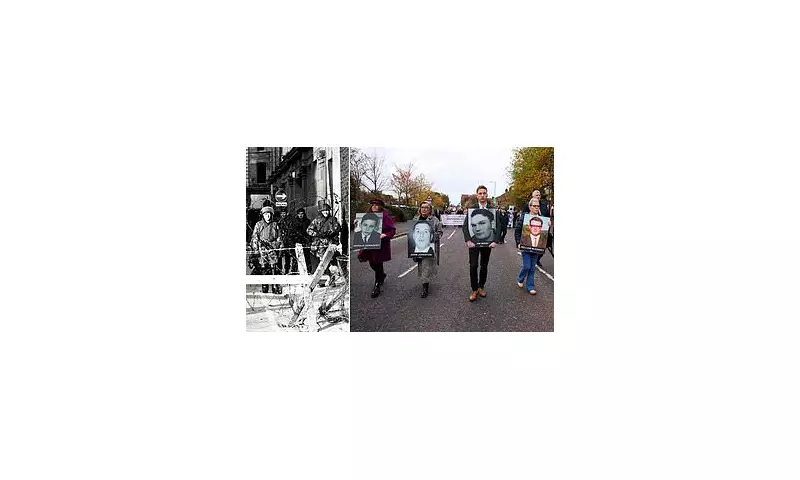
The high-profile prosecution of Soldier F for his alleged role in the Bloody Sunday killings of 1972 has been dealt a potentially fatal blow after a landmark court ruling excluded crucial evidence against him.
Confession Evidence Deemed Inadmissible
In a dramatic development at Belfast Crown Court, Mr Justice O'Hara ruled that testimony from a former colleague about Soldier F's alleged confession could not be used in the trial. The witness, identified only as Soldier O, claimed the defendant had confessed to shooting a civilian during the infamous Derry incident.
The judge determined that this evidence was "inadmissible" after hearing arguments about its reliability and the circumstances under which it was obtained. This decision strikes at the very heart of the prosecution's case against the former paratrooper.
Fifty Years of Legal Battles
Bloody Sunday, January 30th 1972, remains one of the darkest chapters of The Troubles, when British soldiers opened fire on civil rights protesters in Derry's Bogside area, killing fourteen innocent civilians and wounding many others.
The Saville Inquiry, which concluded in 2010 after twelve years of investigation, found that all those killed were unarmed and that the soldiers' actions were "unjustified and unjustifiable." This landmark report led to the decision to prosecute Soldier F for two murders and five attempted murders.
Case Hangs by a Thread
With the exclusion of Soldier O's testimony, legal experts suggest the case against Soldier F now faces near-certain collapse. The prosecution had heavily relied on this evidence to connect the former soldier directly to specific shootings.
The ruling represents another painful chapter for the families of Bloody Sunday victims, many of whom have waited nearly five decades to see someone held accountable for the killings. The decision raises serious questions about whether any criminal convictions will ever be secured for one of the most notorious incidents of the Northern Ireland conflict.
The case continues, but with its central pillar removed, the prospect of justice being delivered in a criminal court appears increasingly remote.





